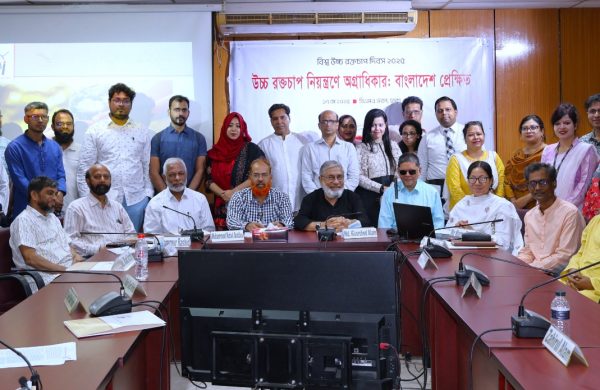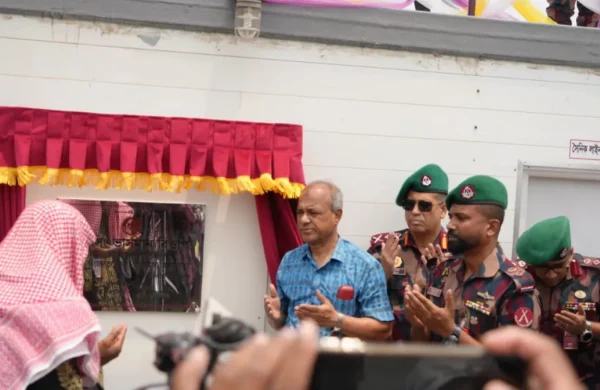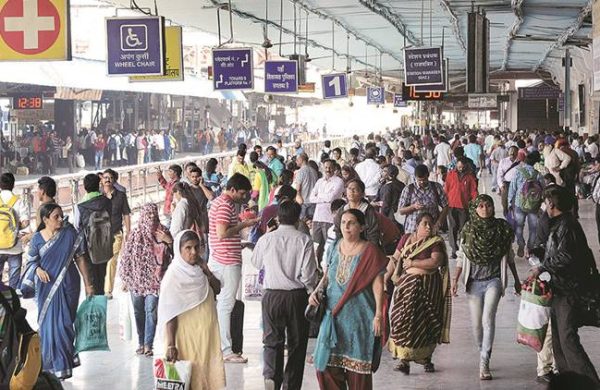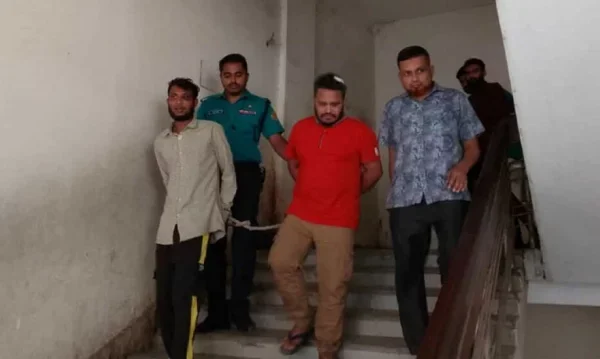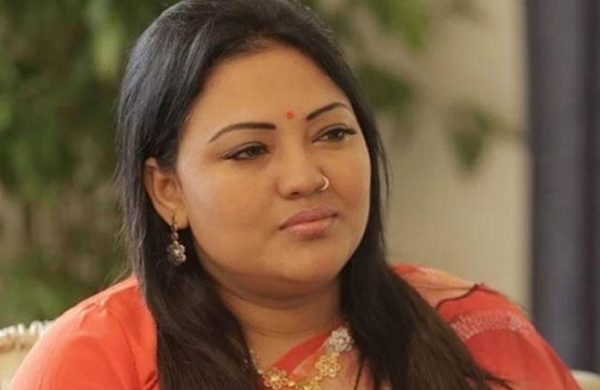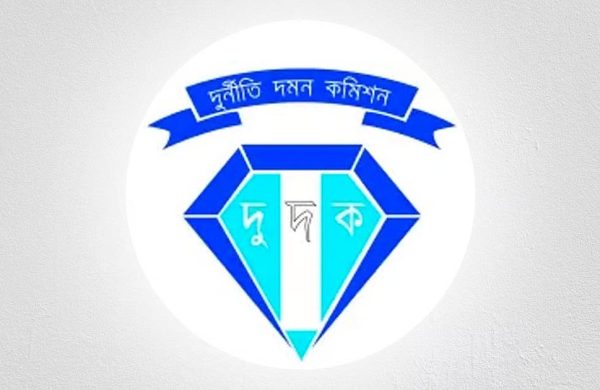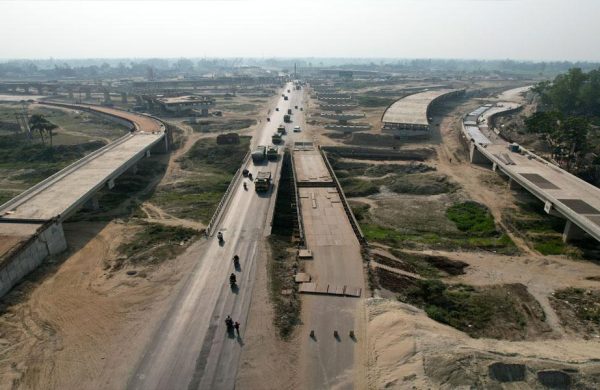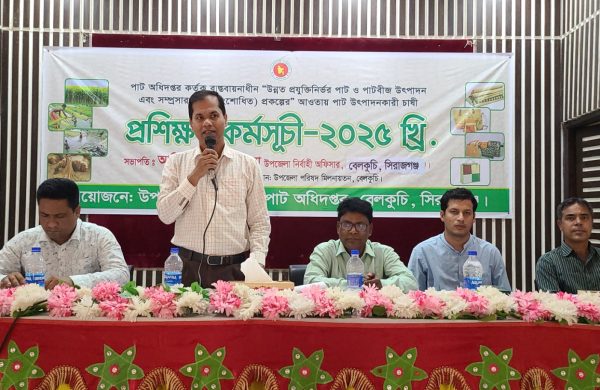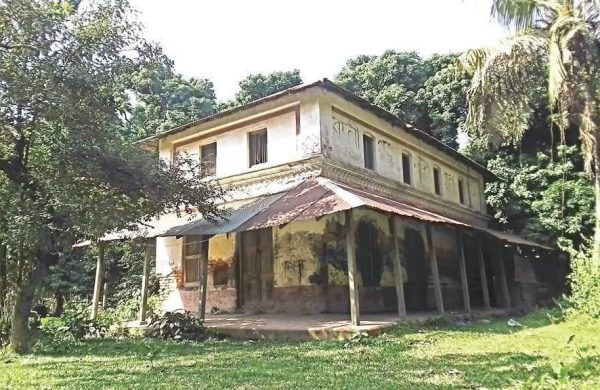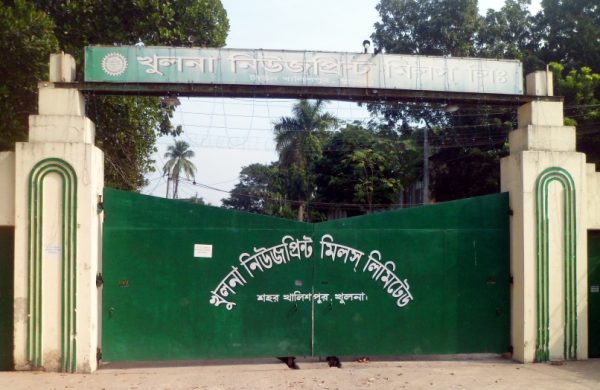Govt moves to fix flaws in hiring under minority, disability quotas
- Update Time : Saturday, May 17, 2025
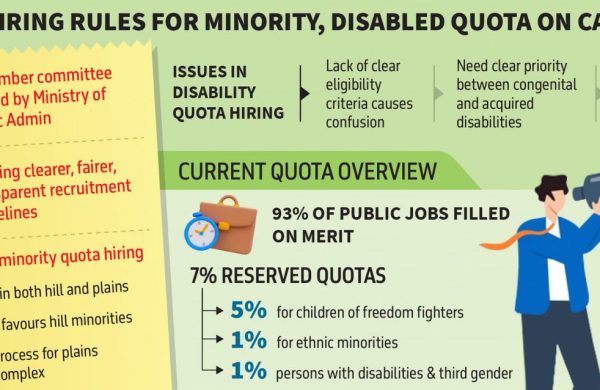
Staff Correspondent:
The government is formulating clear guidelines for quota-based recruitment in public jobs to ensure a fair, transparent, and non-discriminatory process, mainly for ethnic minorities and persons with disabilities.
Led by the Ministry of Public Administration, an 11-member committee was formed on 25 March and has already begun holding meetings and drafting recommendations.
According to committee members, there are several challenges in recruiting ethnic minorities and persons with disabilities.
For instance, plainland minority candidates reportedly face hurdles due to a more complicated certification process compared to their Chittagong Hill Tracts counterparts.
For persons with disabilities, unclear eligibility criteria and no distinction between congenital and acquired disabilities often lead to confusion, misuse, and exclusion of genuine candidates.
THE MINISTRY IS DRAFTING THE GUIDELINES TO ADDRESS THESE ISSUES
Revised last year, the current quota system allocates 93% of positions based on merit, with the remaining 7% reserved — 5% for children of freedom fighters, 1% for minority groups, and 1% for persons with disabilities and the third gender.
If no qualified candidates are found under a quota, vacancies will be filled from the general merit list.
Amid protests, the public administration ministry under the former Awami League government issued a circular on 23 July last year, revising the previous 56% quota system, which included a 5% allocation for ethnic minorities.
The July 2024 uprising, which led to the fall of the Awami League government on 5 August, began as a straightforward quota protest demanding the cancellation of excessive quotas reserved for freedom fighters’ descendants.
PROBLEMS IN DISABILITY QUOTA RECRUITMENT
A committee member that recruitment under the disability quota often faces complications. For example, there should be a clear distinction when prioritising persons with disabilities — between those with congenital disabilities and those who became disabled due to other reasons, as the latter group is much larger.
The committee will suggest issuing detailed guidelines on who qualifies under the disability quota to ensure genuine candidates are included and to prevent misuse of the system.
PROBLEMS IN MINORITY QUOTA RECRUITMENT
Another committee member said that ethnic minority groups live in both hill areas and plains, so the government is trying to improve the hiring guidelines to ensure equal rights for both groups.
Currently, ethnic minority candidates from hill areas receive certification from the Circle Chief, while those from the plains must obtain it from the Deputy Commissioner.
The committee plans to recommend simplifying this process and will also advise the government to prioritise employment for disadvantaged ethnic minority groups, he said.
According to sources, before issuing certificates to plains ethnic minority candidates, the Deputy Commissioner requests a report from the Upazila Nirbahi Officer (UNO), who verifies the information through local representatives. This process can be time-consuming.
Speaking anonymously, an ethnic minority person said that members and chairmen sometimes exploit the recommendation process for unethical gain.
Ripon Chandra Banai, general secretary of the Plains Ethnic Minority Rights Movement, that when the ethnic minority quota was 5%, it was not properly implemented. Now, with the quota reduced to 1%, proper enforcement is even more critical.
He added that recruitment officials tend to favour ethnic minorities from the hill areas, and policies should be introduced to prevent such bias. Equal opportunities must be ensured for all ethnic minorities.
Sources said that for the 40th, 41st, and 42nd BCS general cadre, only 0.05% of recommended candidates were ethnic minorities. On the other hand, due to a shortage of positions in non-cadre and third and fourth-grade recruitments, ethnic minorities are not receiving quota benefits.
For third and fourth-grade positions, specific areas are designated for eligible candidates to apply from. Often, these areas lack ethnic minority populations, leading to others being recruited under their quota.
Five ethnic minority organisations recently submitted a joint memorandum to the committee reviewing the quota hiring system, suggesting the following – set the passing marks for ethnic minority candidates in recruitment exams at 80% of the general passing marks, allow oral exam opportunities only to those who pass the written and practical exams, consider the ethnic minority quota at the national level rather than by division, district, or population, reserve the quota positions if suitable candidates are not found and give the Bangladesh Indigenous Forum authority to issue certification to ethnic minorities, in addition to the Circle Chief and Deputy Commissioners.


